Products
Relationship Mapping
Relationship intelligence solutions for dealmakers
Compensation Benchmarking
Executive compensation data solutions for HR teams
 Solutions
Solutions
Web Portal
Access 320M+ professional connections
CRM Integration
Discover seamless workflow integrations
Custom Data Feed & API
Turbocharge business applications
Snowflake Data Warehouse
Integrate data silos with RainMaker
Resources



 and
and 


